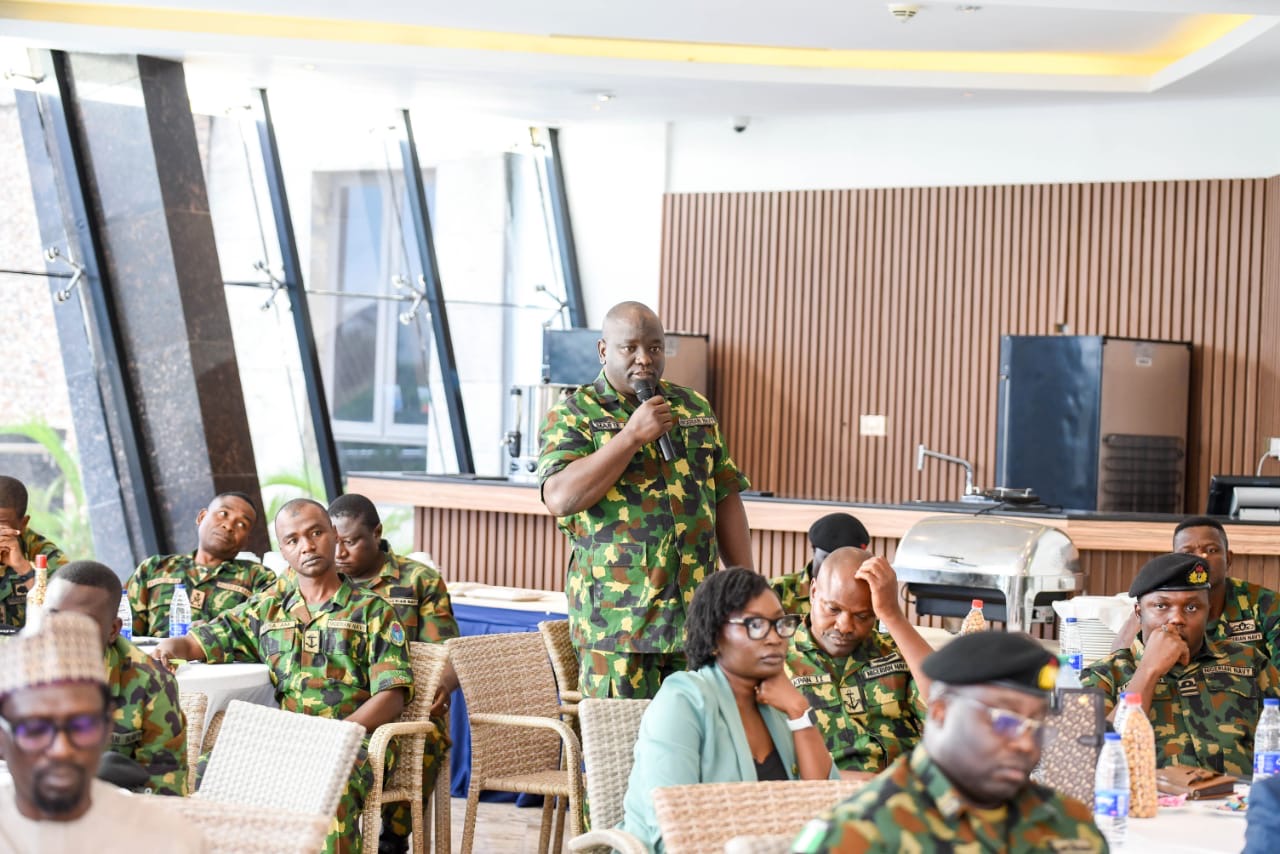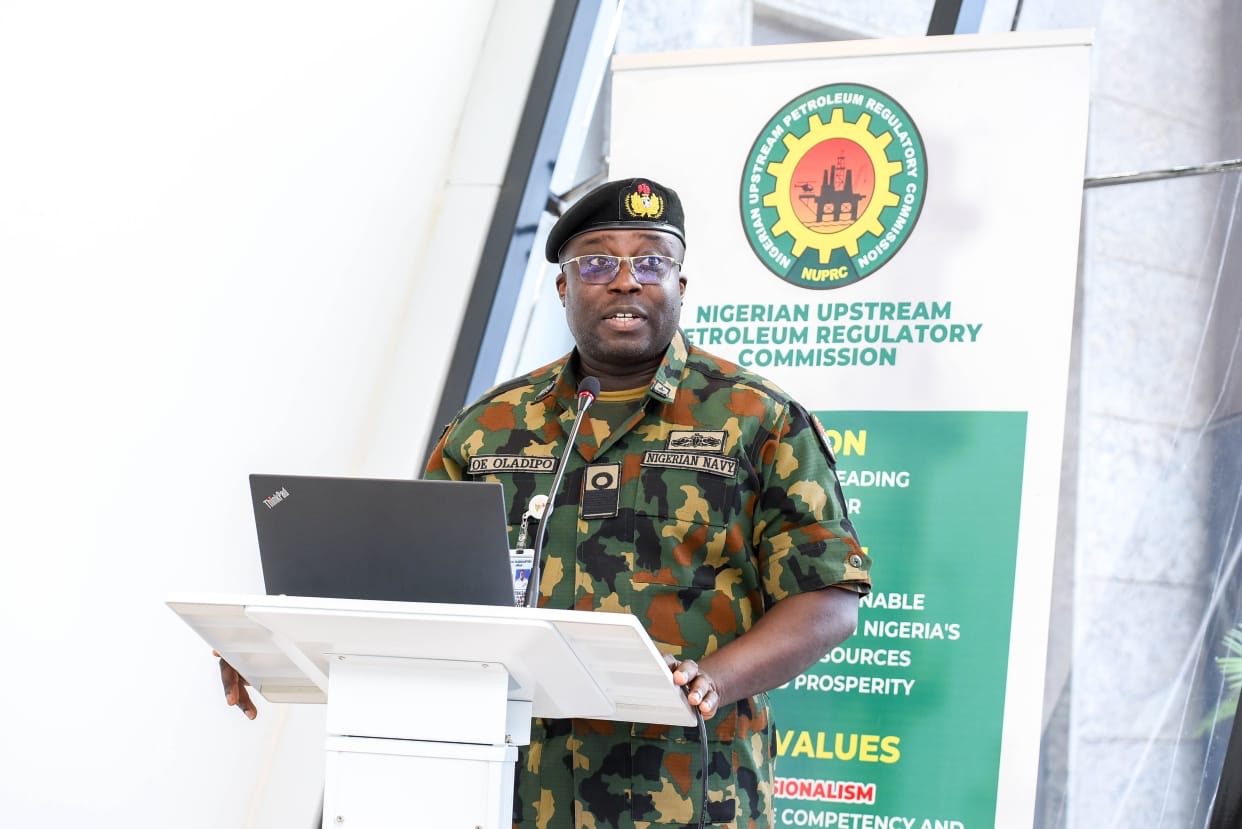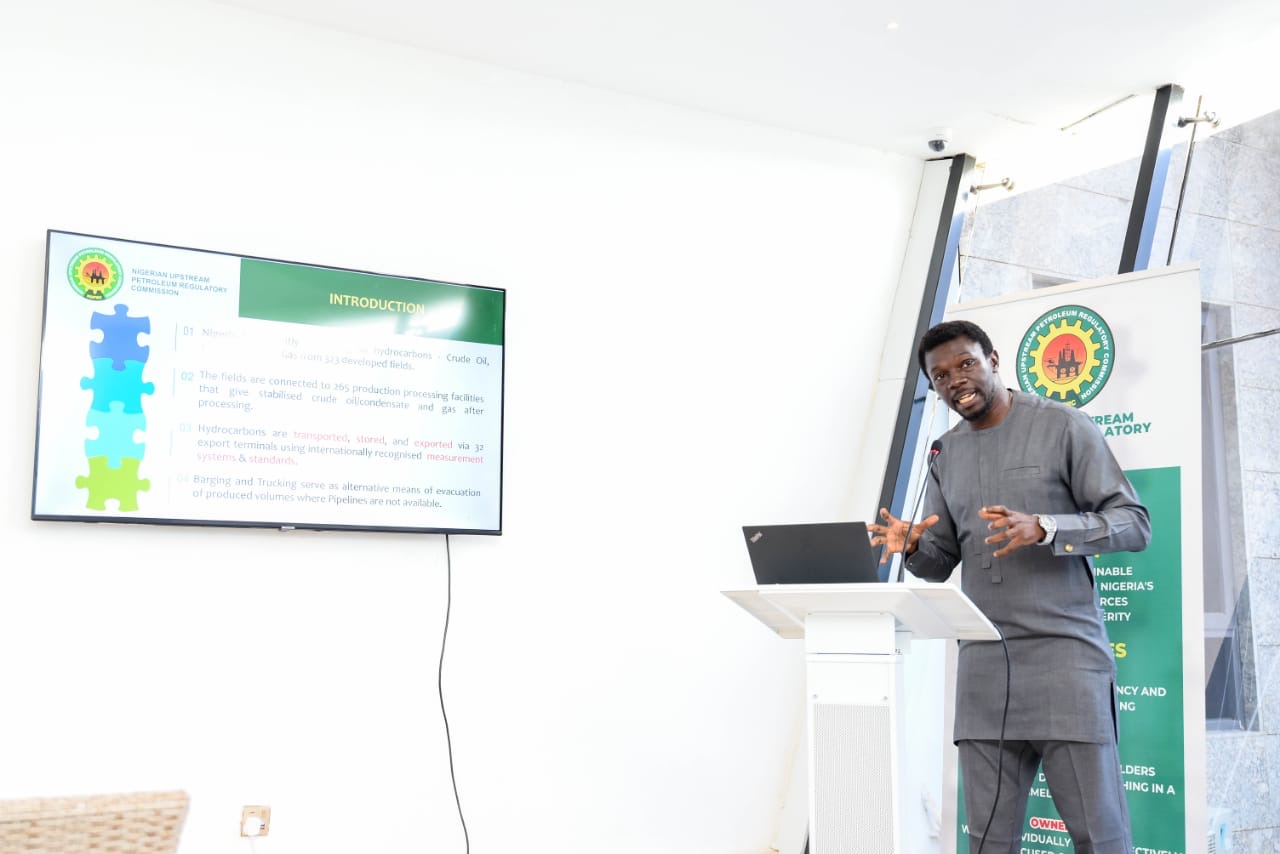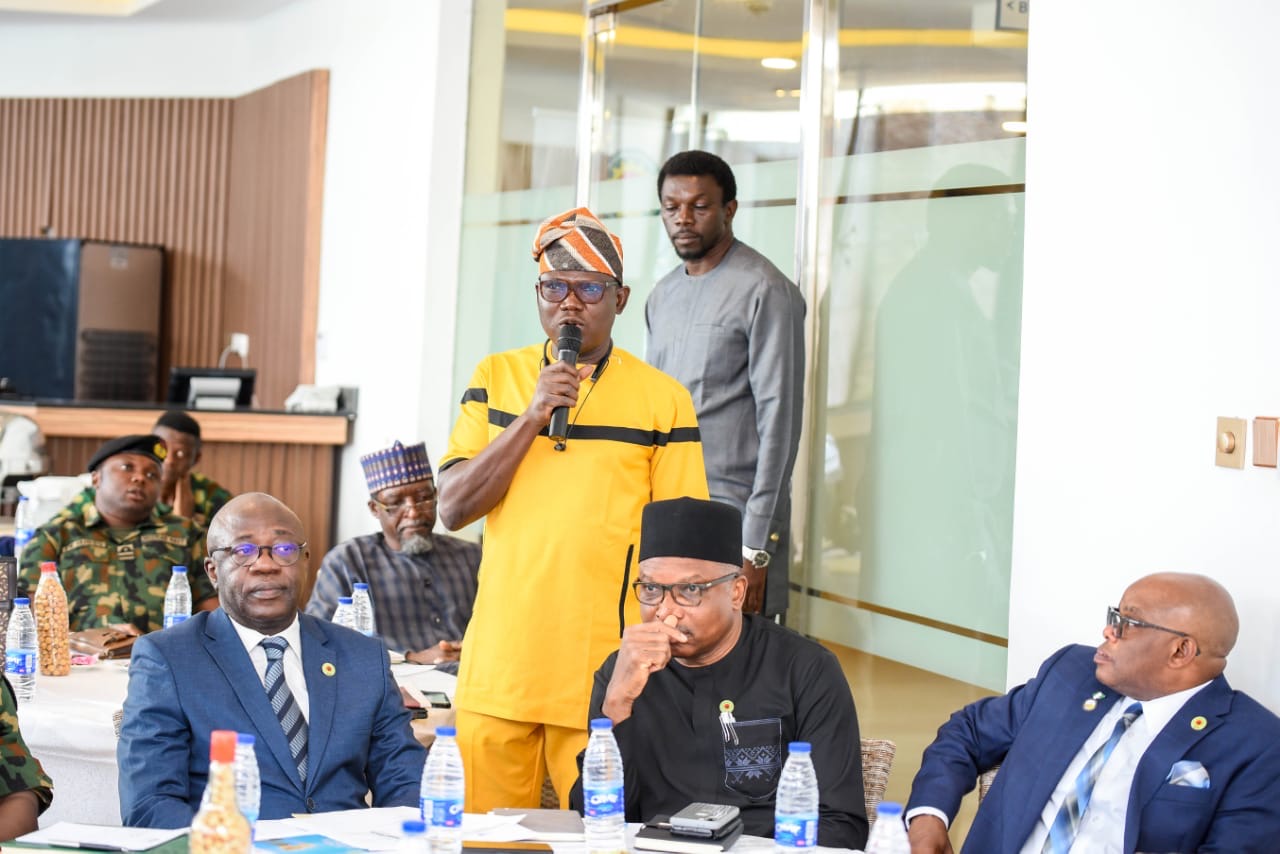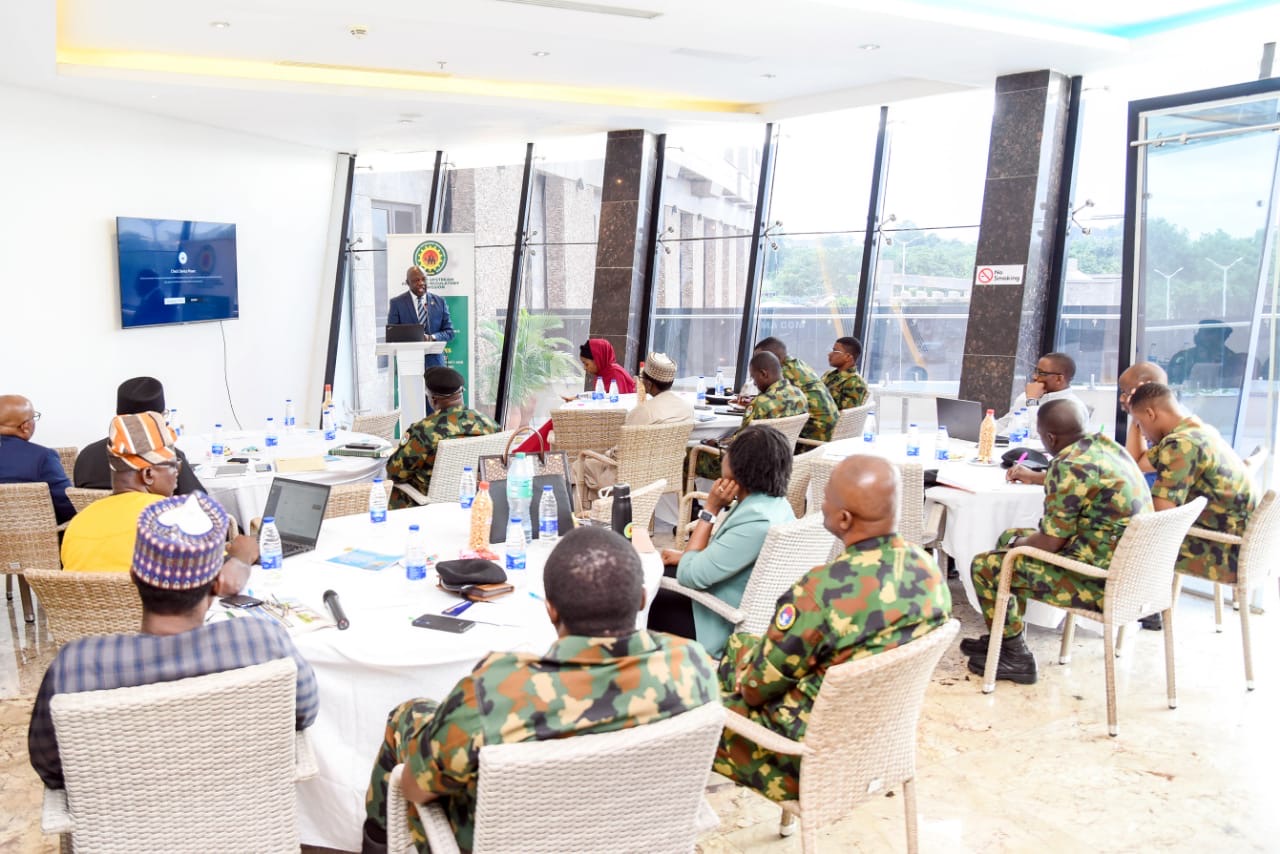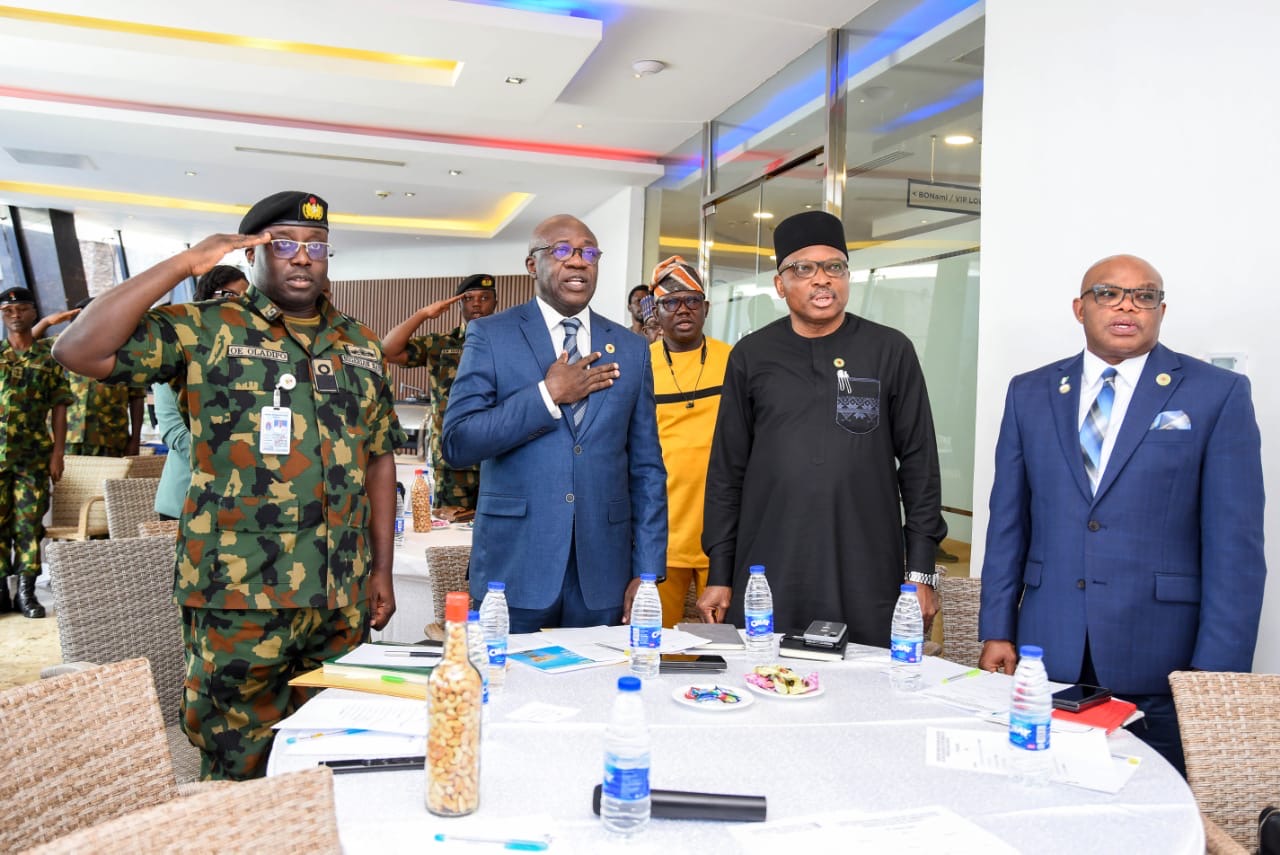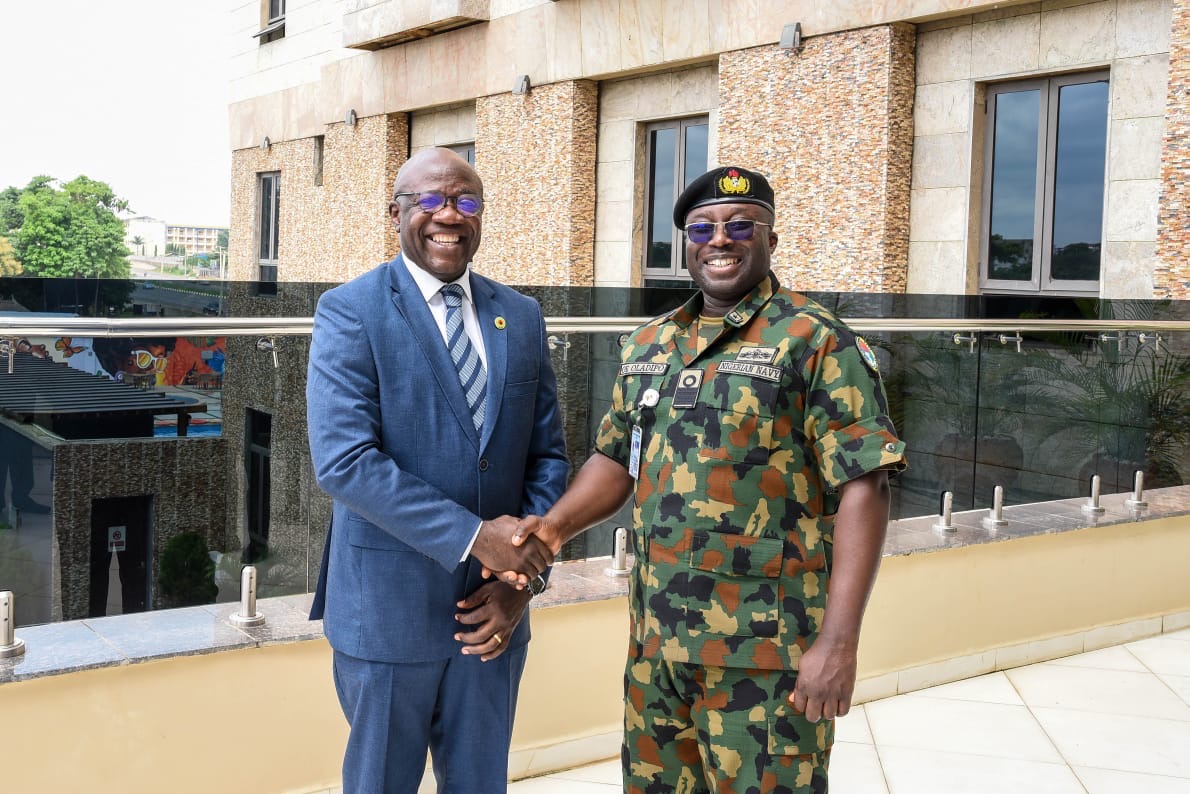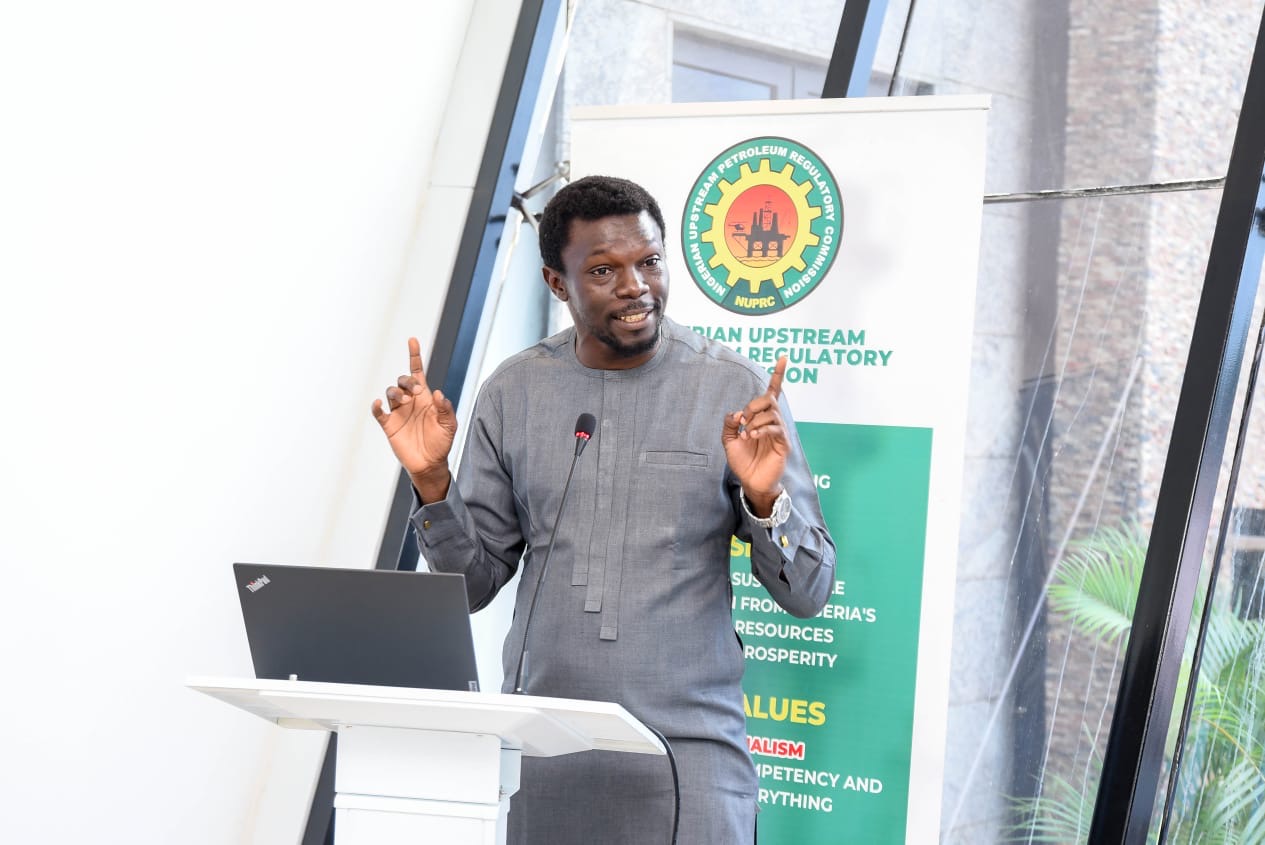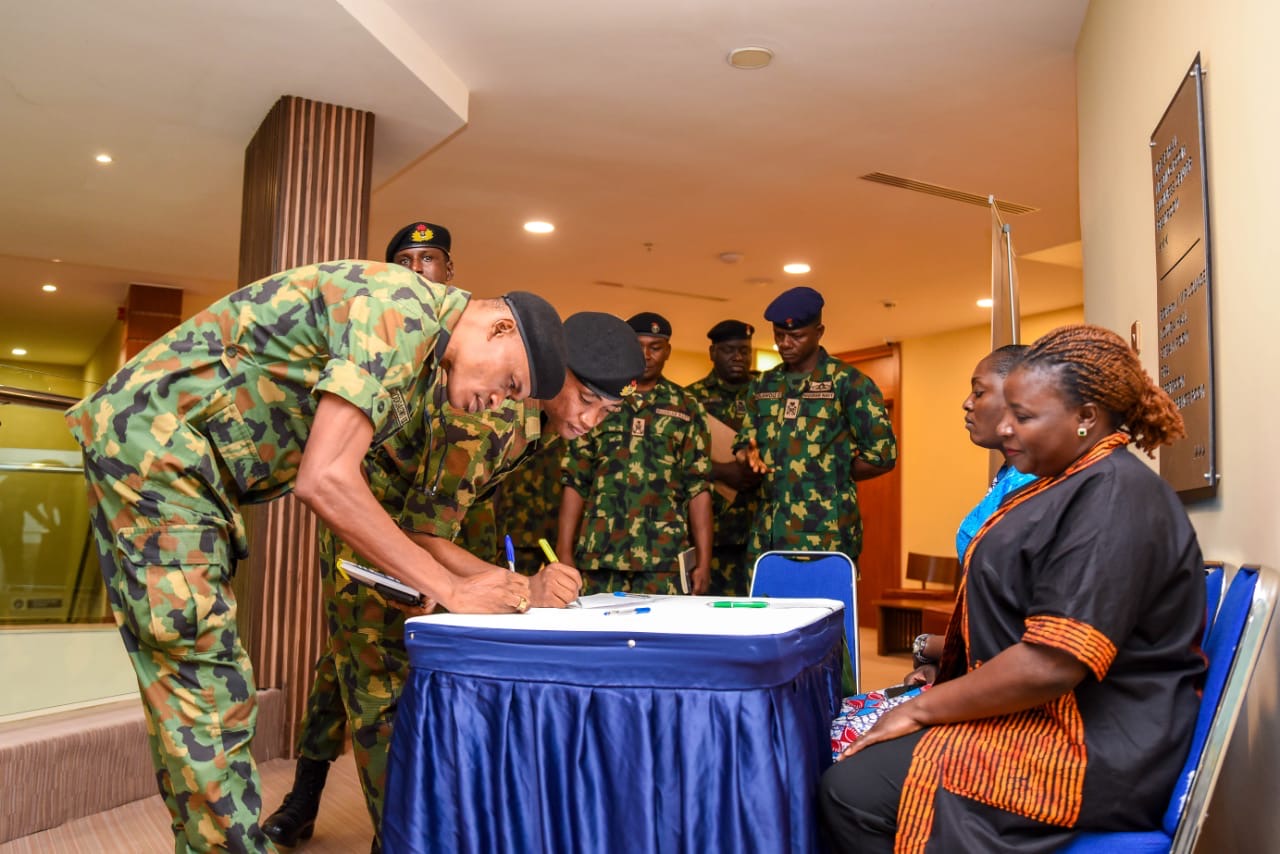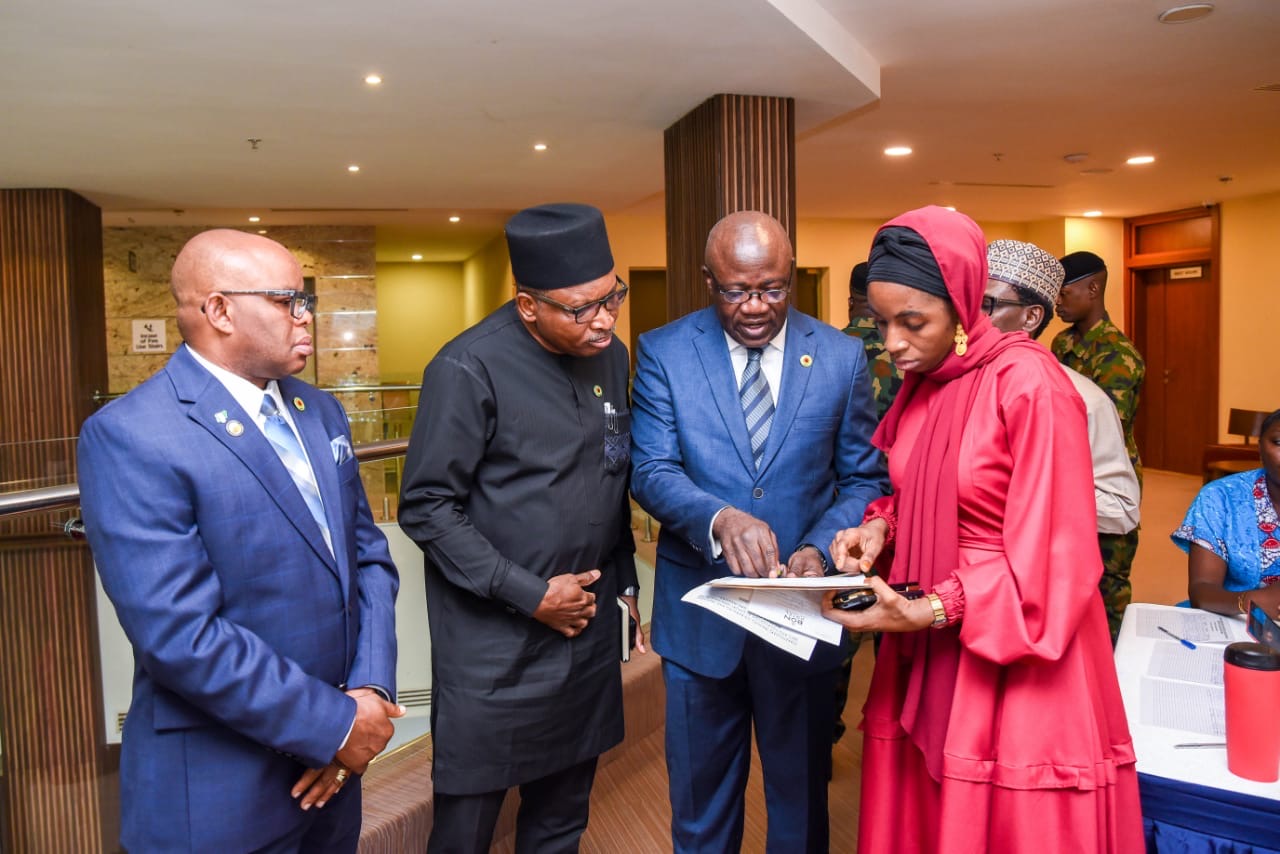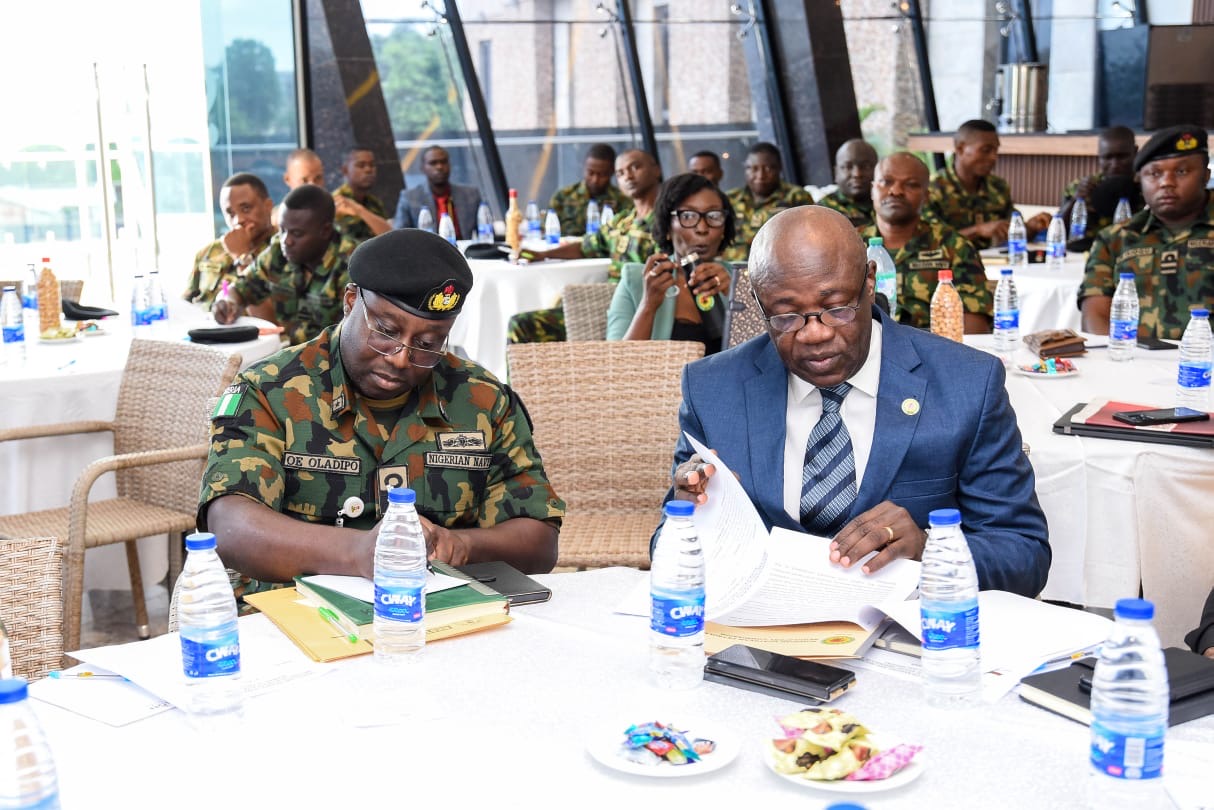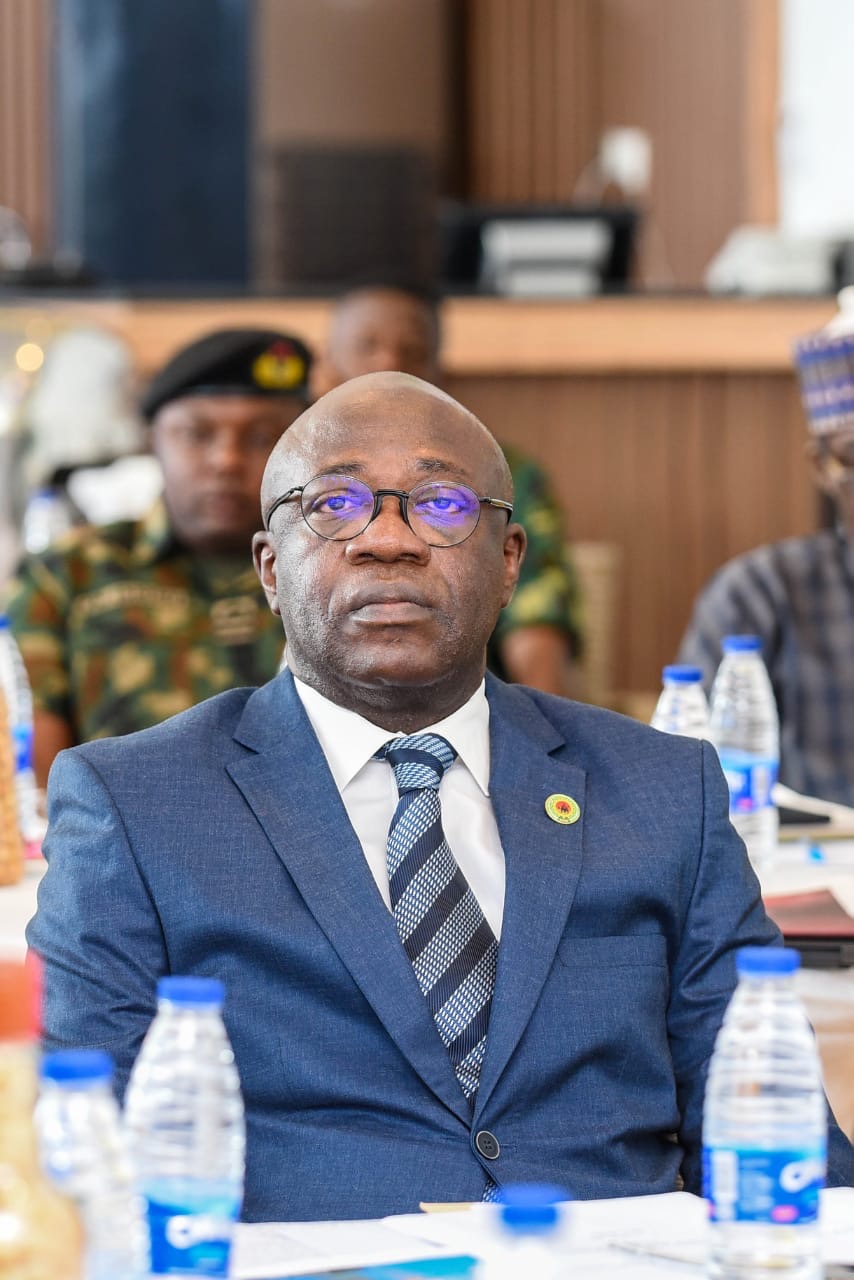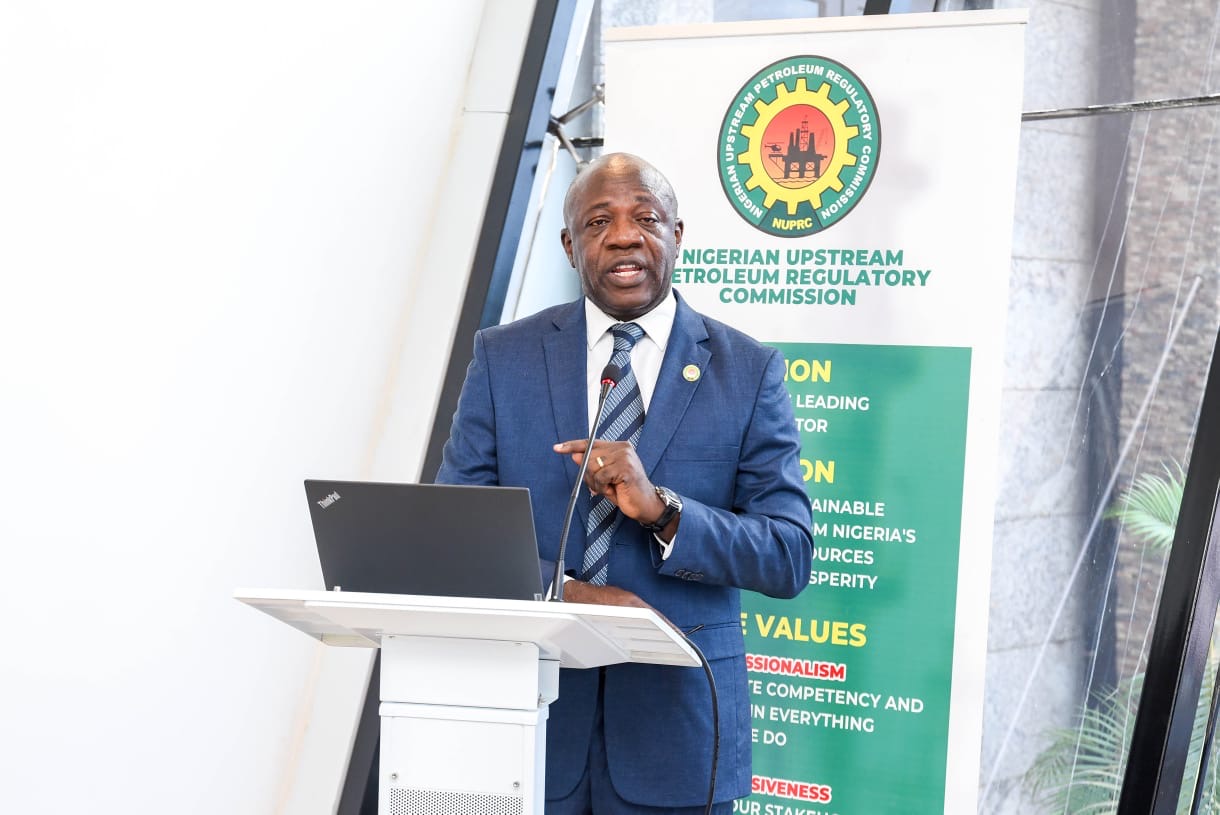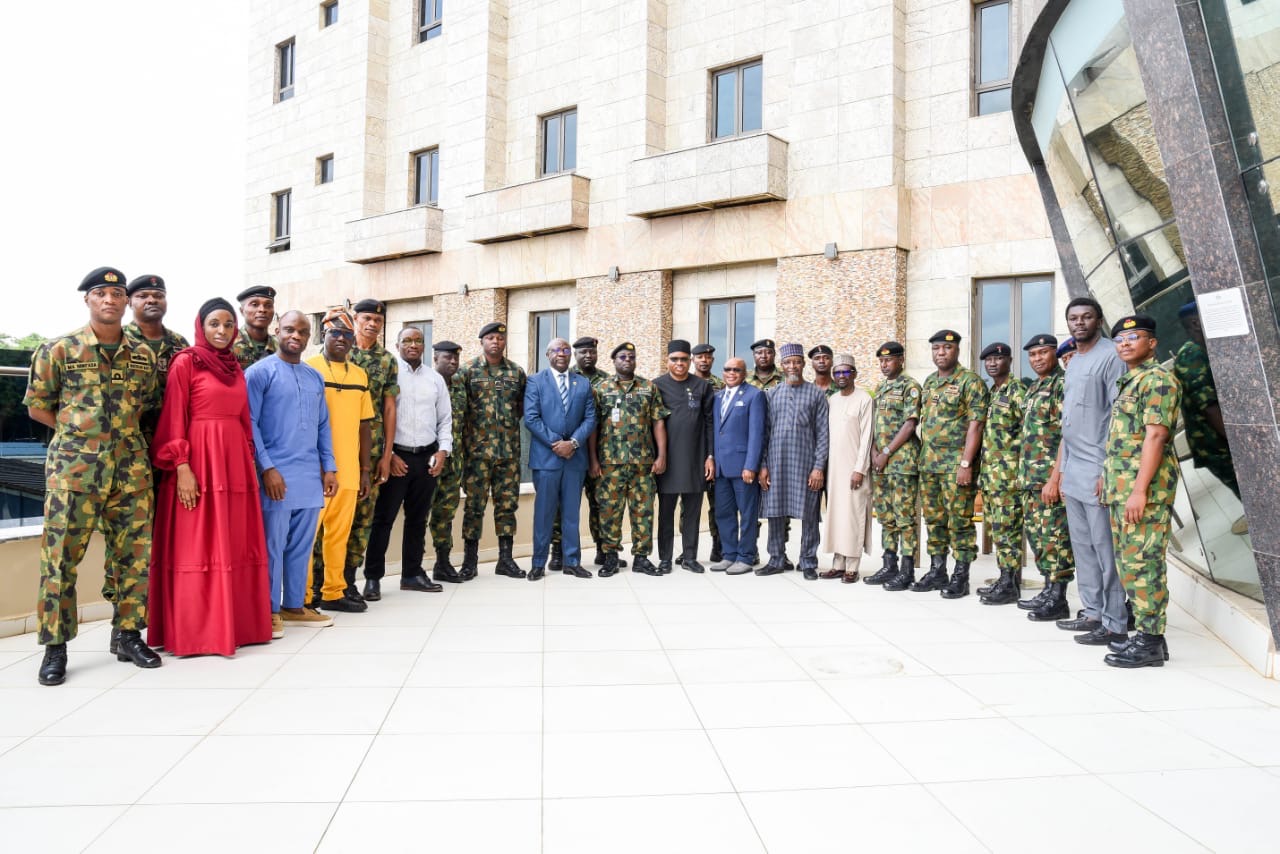In its continued efforts to combat crude oil theft/loss and ramp up hydrocarbon production and in line with its mandate under the Petroleum Industry Act (PIA) 2021, the Nigerian Upstream Petroleum Regulatory Commission (NUPRC) hosts a Two-Day training for officers and men of the Nigerian Navy and Customs on alternative crude oil evacuation operations and export fiscalization at terminals.
The Commission Chief Executive, Engr. Gbenga Komolafe, represented by the Executive Commissioner, Development & Production, Engr. Enorense Amadasu, emphasized on the importance of the training, highlighting its role as a vital platform for interaction, collaboration and development of initiatives aimed at restoring production levels.
He stated that crude oil theft has risen from a daily average of 21,000 bpd in 2016 to 103,000 bpd in 2021 before dropping to an average of 15,000 bpd in 2024. He added that such high levels of theft have led to the frequent shutdown of trunklines such as the Trans Niger Pipeline, Nembe Creek Trunkline among others, which poses a risk to the oil and gas industry as it increases production costs and reduces revenue derivable from the produced hydrocarbon.
According to the CCE, pipeline transportation remains the most cost-effective method of crude oil evacuation globally. However, the persistent issue of pipeline sabotage has resulted in substantial losses, thereby necessitating the exploration of alternative crude oil evacuation methods to mitigate these losses and ensure consistent production.
He added that NUPRC has sustained its commitment in implementing target initiatives and various measures to combat vandalism and crude oil theft while some companies have opted for an alternative evacuation system. This approach, he states, involves utilizing trucks, barges, and shuttle vessels to transport produced crude oil to land terminals or floating facilities, despite the increased costs associated with this method.
Engr. Komolafe further emphasized that the Commission in conjunction with other relevant government agencies have provided the required support to these companies through approvals, permits, monitoring and supervisions to ensure compliance with the regulatory requirements and proper accounting for produced hydrocarbon.
On transparency, accountability and visibility, the CCE stated that the Commission has granted relevant personnel of the office of the CDS, the Nigerian Navy and the DSS access to the Barging and Trucking portals for visibility over approvals granted by the Commission in addition to the arrangements for officers of the Nigerian Navy to participate in the Crude oil export fiscalisation process at terminals, aimed at increasing their visibility in the export process.
Representing the CNS, Commodore OE Oladipo, underscored the significance of the collaborative effort between the NUPRC and the Nigerian Navy, emphasizing its importance to substantially enhance Nigeria’s hydrocarbon production capacity. He expressed his appreciation to the Commission for its innovative and creative approach in organizing the training program, which demonstrates a commitment to finding effective solutions to the challenges facing the industry.




